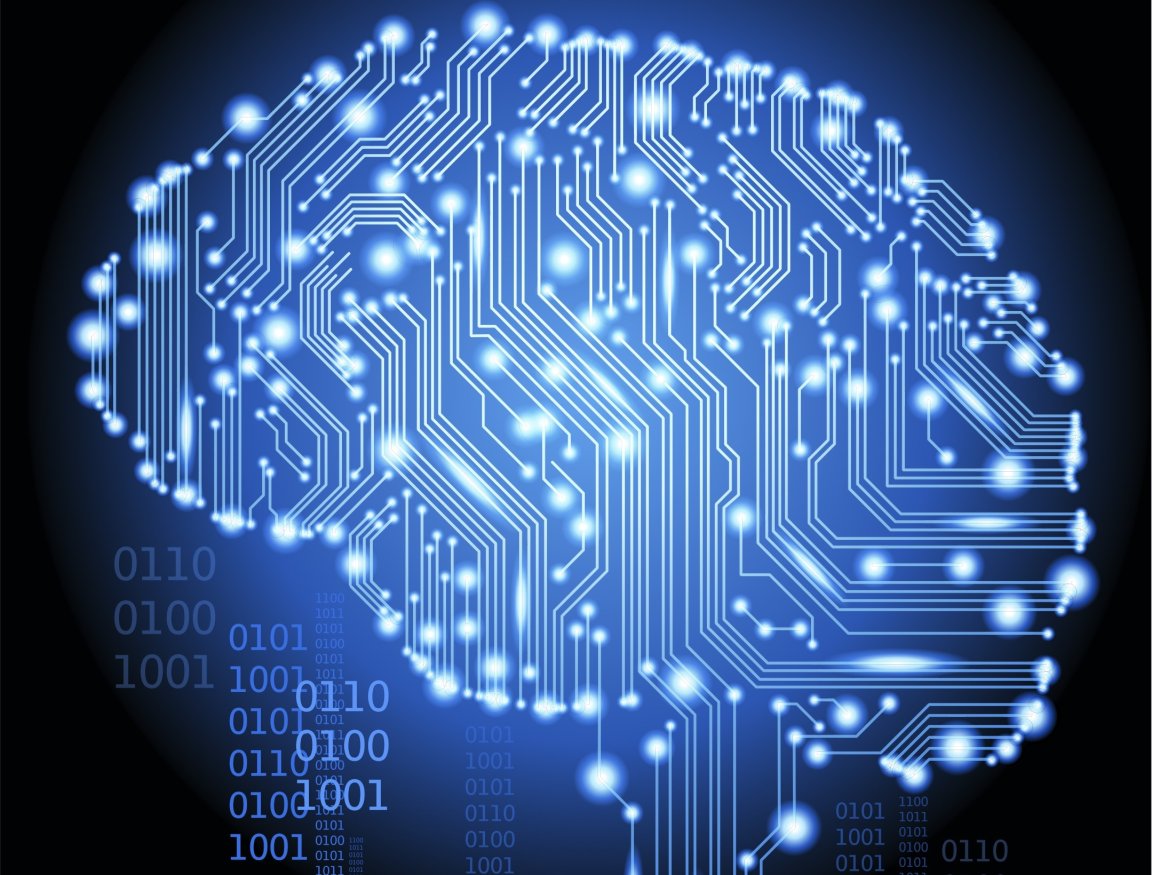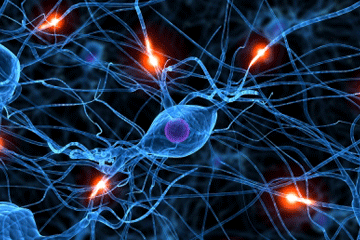
One of the world’s fastest supercomputers, Tianhe-2, is capable of carrying out up to 55 quadrillion operations per second. This machine is definitely faster than the human brain, but it must be noted that the brain only needs about 20 watts of power whereas Tianhe-2 requires 17.8 megawatts.
That is equal to one dim light bulb for the brain and 900,000 of the same light bulb for the supercomputer.

Now, Tae-Woo Lee, a material scientist at Pohang University of Science and Technology in South Korea, has created artificial synapses that are more efficient than biological ones. These synapses only requires 1.23 femtojoules of energy for every synaptic event as compared to the 10 femtojoules required by biological synapses.
A kind of transistor, these artificial synapses mimic the biological ones by switching on and off. The team developed 144 synaptic transistors on a 4-inch wafer. In the middle are wires that are 200 to 300 nanometers thin, even thinner than a human hair.
According to Lee, the team is now working on developing organic nanowires that are much smaller. The team even thinks they can still reduce the energy consumption of the device by experimenting with the selection and composition of the materials used.